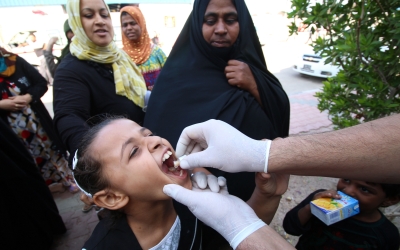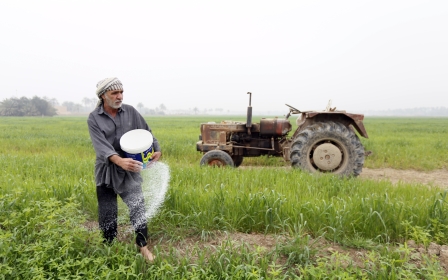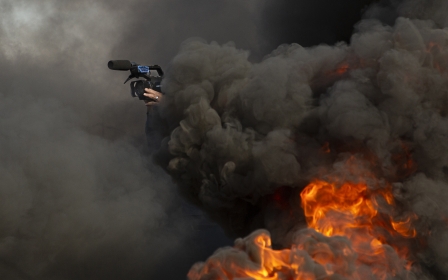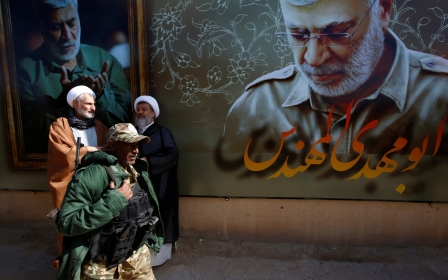Iraq records biggest 24-hour increase in coronavirus cases since February
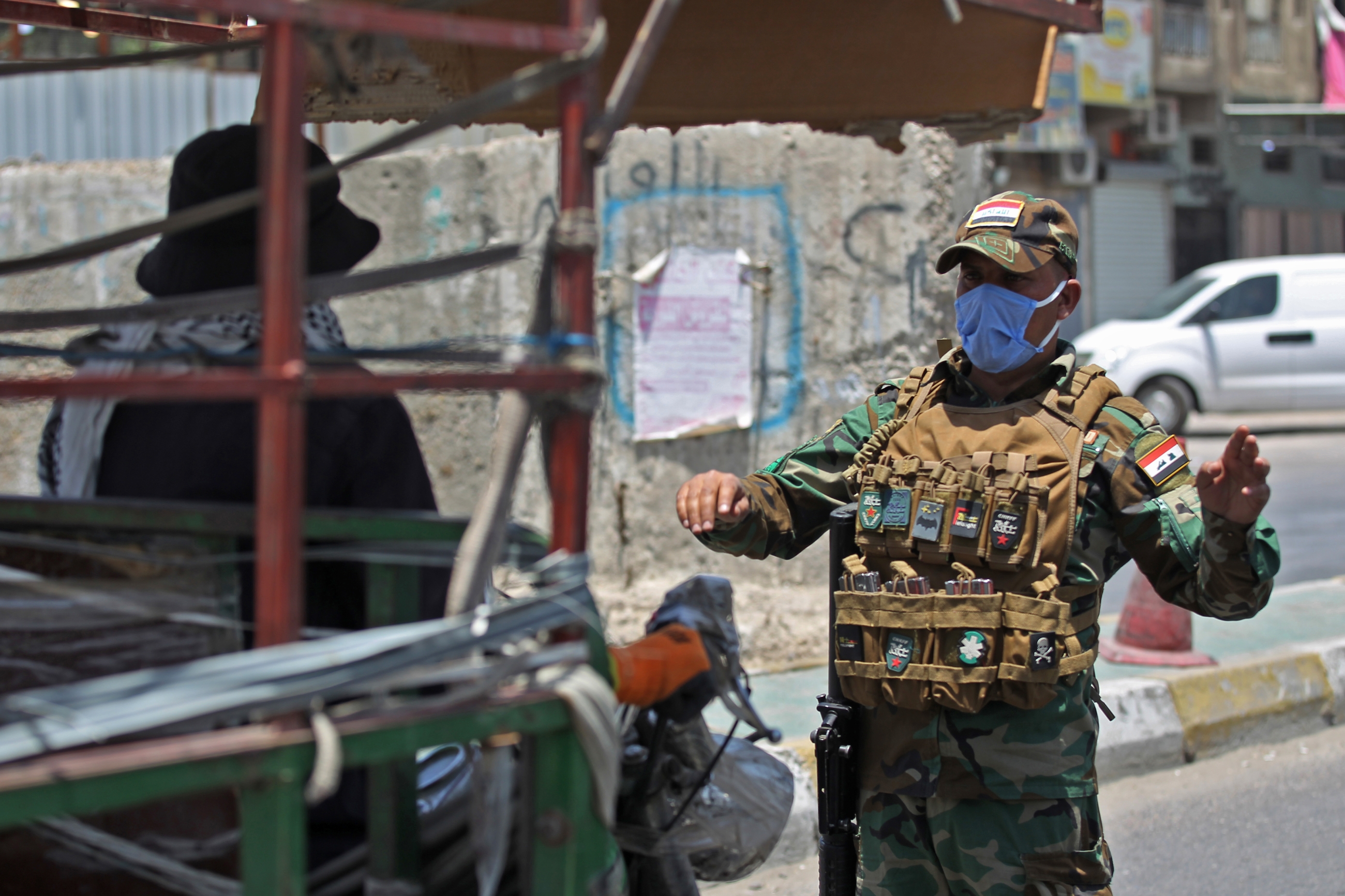
Iraq registered the biggest 24-hour increase in Covid-19 cases since the beginning of the crisis in February, according to new figures from the Ministry of Health.
The figures showed 781 new cases on Wednesday, bringing the total to 8,168 infections across the country.
About 60 percent of the new cases were in the capital Baghdad.
The ministry also recorded 21 new deaths, bringing the death toll to 256. There have been 4,095 recoveries.
The new figues indicate a growing rate of infection since May.
New MEE newsletter: Jerusalem Dispatch
Sign up to get the latest insights and analysis on Israel-Palestine, alongside Turkey Unpacked and other MEE newsletters
Doctors in Iraq have repeatedly expressed fears that the country's health-care system may be unable to cope with a major increase in cases.
Ghaith Ghaffuri, an internist at the Shahid as-Sadi Hospital in Baghdad's Sadr City neighbourhood, told MEE in late March that if the total number of cases approached 10,000, it could be disastrous.
"If we get numbers like you get in the UK or in Spain or Italy, we will fall down," he said.
"It's all about the numbers – if the number rises to 10,000, let's say, we won't even have enough beds to put people in and of course we won't have the ventilators for badly infected people."
Lockdown reimposed
Compared with its neighbour Iran, Iraq had seemed less seriously harmed by the global pandemic.
In April, the government began easing a lockdown that had been imposed in March, but following an unprecedented spike in new cases, announced its reimposition over the weekend.
Iraqi Prime Minister Mustafa al-Kadhimi, following a meeting with the government's Covid-19 taskforce, said the nationwide curfew would be imposed until 6 June.
A similar lockdown was also imposed by the semi-autonomous Kurdistan Regional Government (KRG), set to last until 6 June, but it was lifted after protests across the Kurdish region.
'No way to stand against it'
On Tuesday, Interior Minister Othman al-Ghanmi announced the formation of a special committee under his supervision tasked with following up on the quarantine measures implemented so far.
He warned that, given the rising number of cases, the measures imposed may last for months.
"The corona pandemic has started to spread and affect large numbers and there is no way to stand against it in the absence of a vaccine, except for a curfew and other protective and precautionary means," he said.
Earlier on Wednesday, protesters stormed the office of Dhi Qar governorate's health director, demanding he resign over his handling of the coronavirus crisis.
The incident was captured on video, which was uploaded to Twitter:
#العراق — متظاهرو الناصرية يقتحمون مبنى دائرة صحة ذي قار، ويجبرون مديرها العام، د. عبد الحسين الجابري على تقديم استقالته، حيث بيّن المتظاهرون سبب ذلك «الاستجابة البطيئة وغير الفعالة تجاه فيروس #كورونا، وعدم افتتاح المستشفى التركي لاحتواء الوباء»#insm_iq
— Yousif al-Hashimi 🇮🇶 يوسف الهاشمي (@YousifHashimi) June 3, 2020
pic.twitter.com/dGMfohLe1M
Dhi Qar Health Director Abdul Hussain Al Jabri said he had offered his resignation, but that it was rejected by the governor and by the Ministry of Health.
Middle East Eye delivers independent and unrivalled coverage and analysis of the Middle East, North Africa and beyond. To learn more about republishing this content and the associated fees, please fill out this form. More about MEE can be found here.


